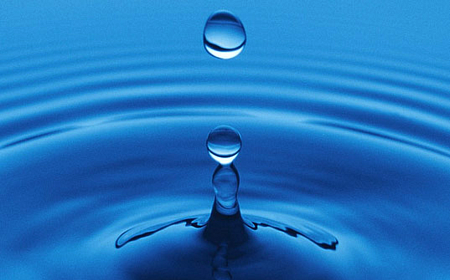
WSSC’s Top Ten Water Facts
Blooming flowers, green lawns and inviting swimming pools… all are sights for sore eyes in the wake of the polar vortex and brutal winter.
As you hook up the hose for the outdoor watering season, WSSC has some important information that could help you save on your next water and sewer bill.
10. Running a typical sprinkler from a standard garden hose (5/8-inch) for one hour uses about 1,020 gallons of water.
9. If you run that sprinkler three times a week during a 90-day billing cycle you will add about 36,000 gallons of water to your usage.
8. The average irrigation system uses about 16 gallons of water per minute. A system with eight zones, each running for 15 minutes twice a week will use 1,920 gallons of water per day, nearly 4,000 gallons per week or about 48,000 gallons during a 90-day billing cycle.
7. A sub-meter is something to think about for customers who use a lot of water outside. If you need to fill up a swimming pool or have an irrigation system, a sub-meter measures the outside water usage. Customers with sub-meters do not pay the sewer charge for the water used outside. They pay for the water used inside and outside as well as the sewer charge for the water used inside.
6. It takes about 20,000 gallons of water to fill an average swimming pool.
5. WSSC also leases fire hydrant meters to individuals and businesses who would like to purchase potable WSSC water without having to pay the sewer charge. This is another option for customers with swimming pools which allow them to avoid the sewer charge.
4. Don’t leave the hose running while you wash the car.
3. A standard garden hose (5/8-inch) uses about 17 gallons of water per minute. Leaving that hose running during a 15 minute car wash uses 255 gallons of water.
2. Use automatic shut-off nozzles on hoses.
1. Use a broom instead of a hose to clean your driveway or sidewalk.
To understand how much water you’re using, check the average daily consumption (ADC) which is printed on the upper left portion of your water and sewer bill. For more information about outdoor water and conservation tips visit www.wsscwater.com/conservation.

Engage us on Facebook
Follow us on Twitter
Tweets by @mymcmedia